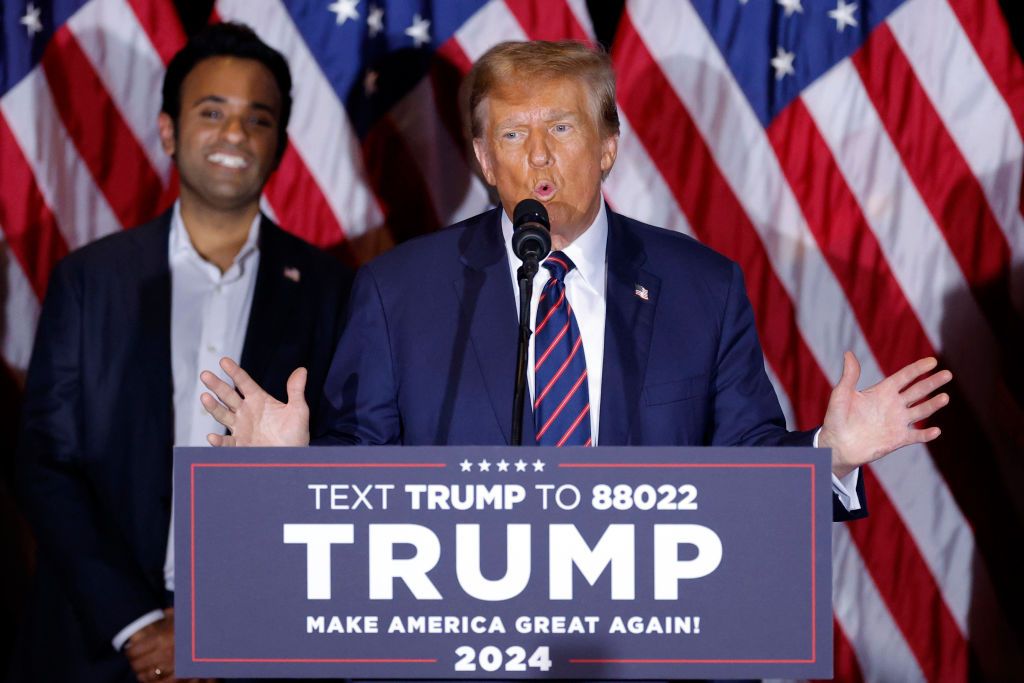Nordic-Baltic delegation visits US Congress in bid to shore up support for Ukraine

A delegation of representatives from Estonia, Iceland, Sweden, Denmark, Latvia, and Lithuania visited the U.S. Congress on Feb. 8 to advocate for a continued American commitment to Ukraine.
The U.S. has been Ukraine's largest backer and provider of military aid since the beginning of the full-scale invasion, but domestic politics have increasingly made U.S. aid a partisan issue. Republican lawmakers have blocked aid for months now, effectively causing the flow of security assistance to run dry.
Many Republican lawmakers who ostensibly support Ukraine say that the U.S. must first secure its own southern border, but Congress has also failed to agree on immigration reforms, despite willingness from Democrats to offer significant concessions.
"We came here, obviously, to show unity, to show our commitment and hoping that the Americans would hear us," said Icelandic lawmaker Dilja Mist Einarsdottir.
"We are leaving America a little bit sad," she added.
There was agreement among the delegation that the war felt distant in the U.S. and that "there wasn’t a sense of urgency," according to Latvian lawmaker Rihards Kols.
"We are so united as never before in Europe, and then you have this phenomenon of isolationism growing with every week in America. This is so strange," said Zygimantas Pavilionis of Lithuania.
Despite the feeling that many Republican lawmakers "sincerely" support Ukraine, representatives from the delegation also acknowledged that there was pressure from the party at large and, in particular, the likely presidential nominee, former President Donald Trump.
"Many of them would like to see this bill passed as soon as possible. But they are very much afraid of (the) results of their own elections in November," said Estonian lawmaker Marko Mihkelson.
"We are concerned about U.S. support for Ukraine," said Ine Eriksen Soreide of Norway.
"And I say that with quite a lot of solemnity because we are at a place right now where Europe, even though we are giving our fair share, and then some to Ukraine, both when it comes to weapons systems and money, we are not able to fill the gap if the US pulls out."











